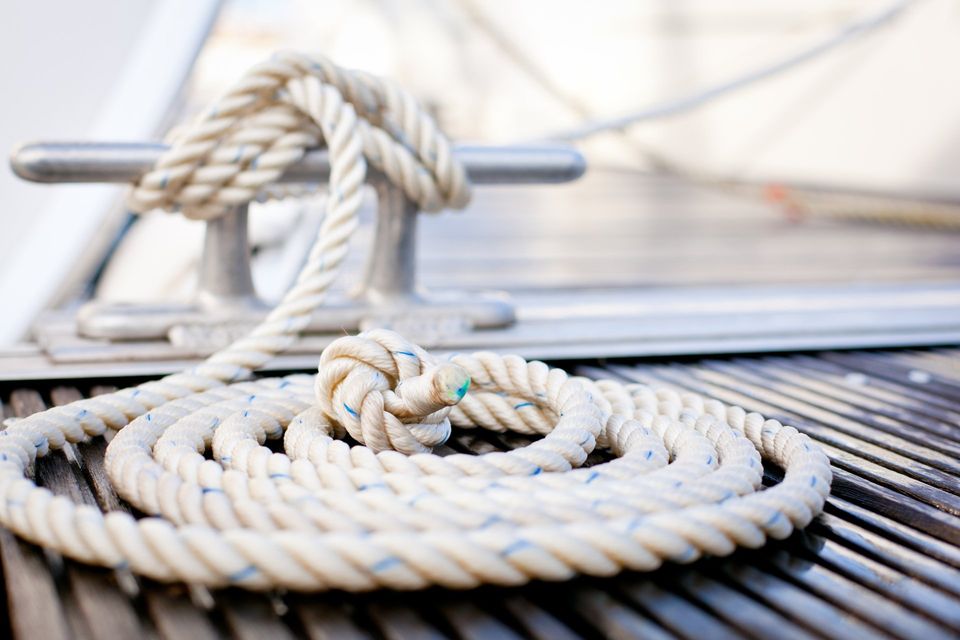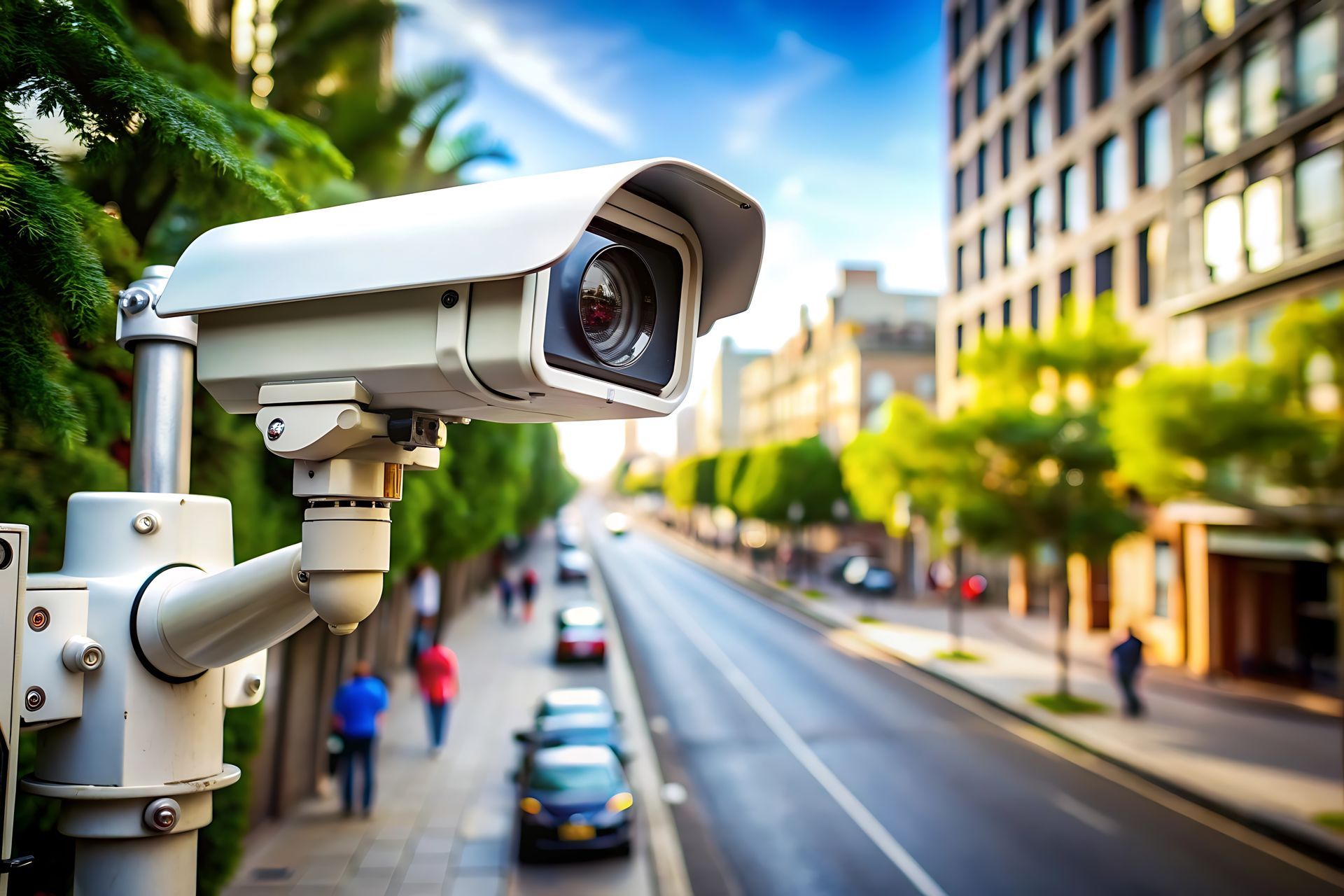Most Common Causes of Boating Accidents and Boat Injuries in Georgia

Top Causes for Boating Accidents
Common boating accident causes range from menial oversights to severe carelessness to machine and operator-error issues. These errors in judgment (by humans) or breakdowns in machinery (boats/vessels) can lead to severe injury or deadly accidents.
Running out of Gas
It might seem like it should go without saying, but drivers should check fuel levels before any boating outing. Always calculate how much fuel you will need for your trip and be sure to include a generous amount of excess fuel in case of emergency or human error (i.e. miscalculation). If passengers become stranded and are injured due to exposure or some other stranding-related cause, the boat owner or operator could be held liable.
Fire
Although boats catching fire (outside of those purposely set fire due to arson) may seem counterintuitive given their proximity to water, it is known to happen. Boating Safety Magazine and the United States Coast Guard recommend boaters be vigilant for the smell of leaking fuel or other visual cues in the water that your boat may have a fuel leak. Faulty wiring and electrical systems can also cause boat fires, so if your boat is on the older side you should have its wiring checked.
Horseplay While Boating
Boating is an enjoyable recreational activity, but it comes with certain dangers. Maintaining an alert demeanor, particularly on the part of the driver or captain, is vitally important. Sobriety should be maintained by all persons aboard a vessel including passengers and drivers/captains.
Alcohol was the number one contributor to boating fatalities with a known cause in 2019, accounting for 23% of all fatal boating accidents. Stay alert and stay sober to ensure your own safety as well as the safety of those around you.
Excessive speed is the second most common contributing factor to all boating accidents, which can lead to collision or (worse) injury if the driver is not careful or is inexperienced.
Since you just cited the source in the previous paragraph I don’t think it’s really necessary to do so again. If you want you could include something like “that same report found speed to be the second most common…” etc.
Falling overboard
Solo boaters should always wear a life vest as there are no other passengers to assist if the driver who has fallen in the water is in distress. Further, a driverless boat could run into other boats or obstacles causing damage and injuries to other boaters or property.
Inebriated passengers are also potential falling hazards as alcohol affects a person's balance and reaction time. Tipsy passengers are more likely to topple overboard on rough or choppy waters, which could lead to more serious injuries or drowning fatalities if they’re not recovered from the water right away.
Mechanical Failure
Electrical issues, broken or non-working boat lights (particularly dangerous after sundown) or a faulty engine/battery can lead to serious issues and accidents. A properly maintained boat that has its safety features checked frequently is the safest water vessel.
Additionally, the coast guard recommends keeping flares on your boat in case of emergency.
Lack of Safety and Emergency Equipment
Over half of all boating fatalities are attributed to drowning due to the person’s failure to wear a life jacket. According to a report by the Department of Homeland Security and the United States Coast Guard, 362 of 439 drowning deaths in 2019 were boaters who weren’t wearing life vests (about 82% of the total drowning deaths).
Further, a life jacket that is the proper size is also essential. In other words, make sure adults are wearing adult-size life jackets and children are wearing child-size ones. These life saving devices are designed with certain age, weight and height measurements in mind.
Remember to have life jackets for all persons on board your watercraft and pack or have on board other emergency equipment such as flares, horns, paddles (canoe or otherwise) and a first aid kit.
Ignoring Weather Alerts
Failing to heed weather reports could result in serious damage to property, persons and passengers alike. Leaving port when storms or other inclement weather is on the horizon is never advisable. Save your boat trips for sunny or mellow days to be on the safe side.
Carelessness or Failure to Maintain a Lookout
Inattention on the part of the boat captain or failing to maintain a proper line of sight can lead to many a boating accident. In the boating world, it is the responsibility of boat captains to constantly scan the water for other boaters, swimmers, buoys, fishing nets or other unknown debris and obstacles. Running into or over any one of these things could lead to damage and injury to those on board and those in the water.
As boat captains, don’t forget to keep your eyes and ears open for other boats or signals of distress. Be aware of not only the surroundings in front of you but behind you as well. Be prepared to change your boat-handling technique depending on factors like fog, darkness and other boat traffic.
Most Common Boating Injuries
Although no one wants a trip that was supposed to be leisurely and relaxing to be spoiled with an incident, injuries still frequently occur. Outside of drowning and other casualties, the most common boating injuries are:
· Broken bones
· Lacerations
· Scrapes/bruises
· Concussions
· Hypothermia
The total number of boating accidents in Georgia has increased from 85 in 2015 to 109 in 2019. Concurrently, the number of fatal accidents and deaths has increased as well from 19 to 22 and 22 to 23 respectively.
If you or someone you know has been injured as the result of a boating accident, consider contacting an ATL Elite Lawyer. There are highly capable personal injury lawyers in our Georgia network with vast experience in all types of drowning, boating accidents and nautical injuries.
ATL ELITE LAWYERS
All Rights Reserved | ATL Elite Lawyers


